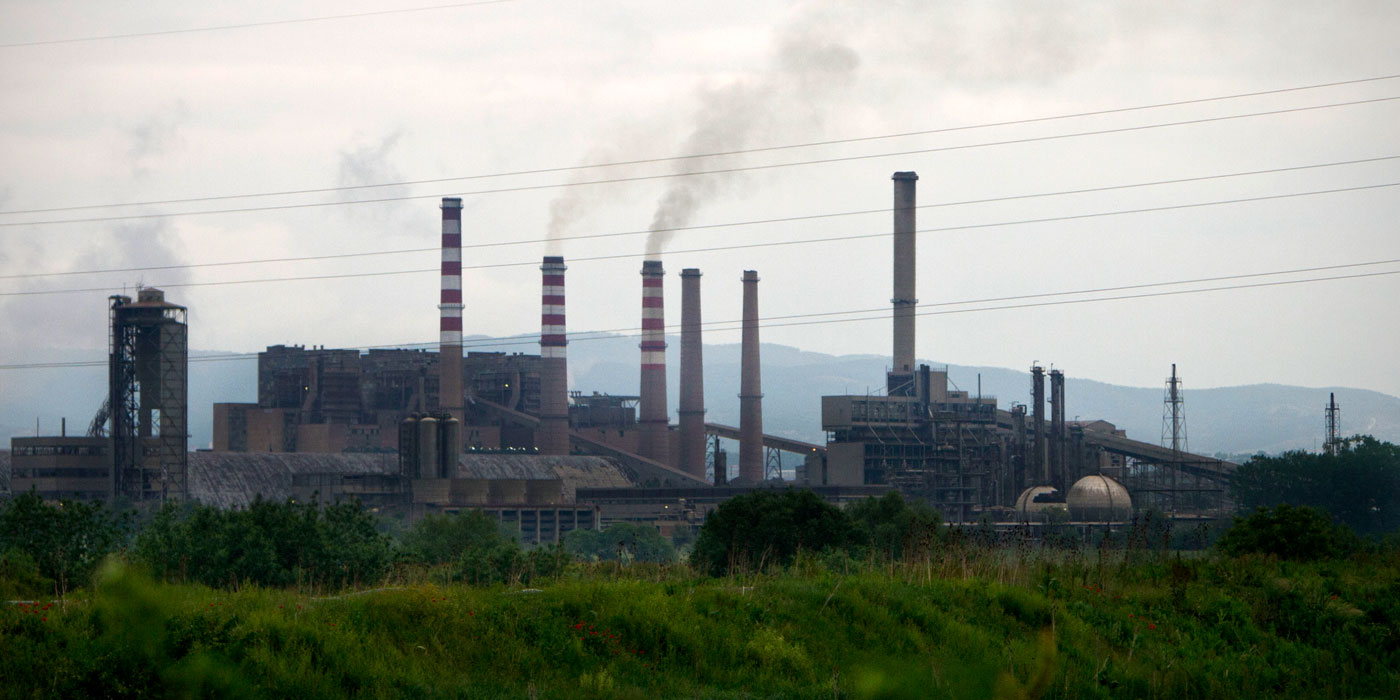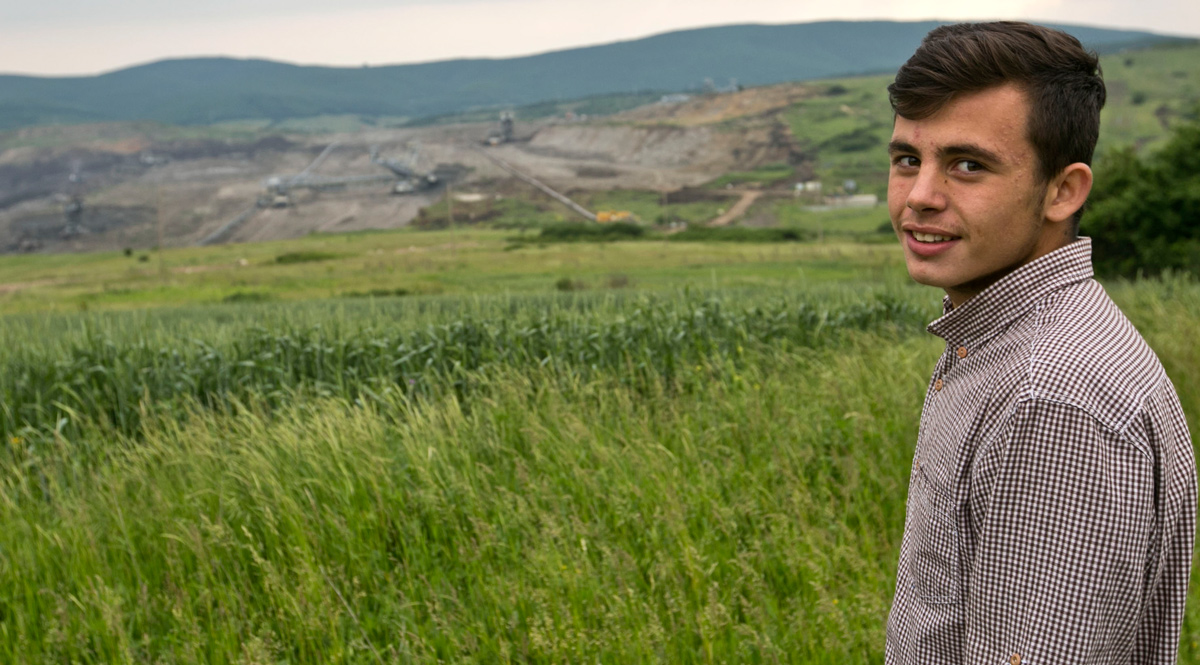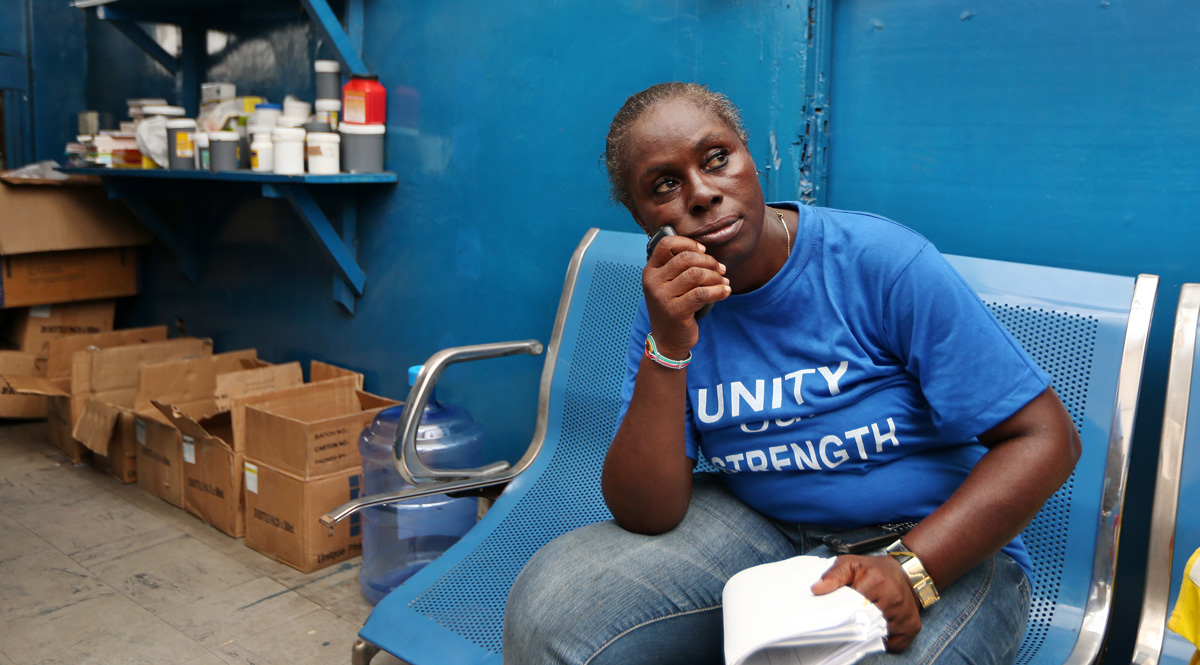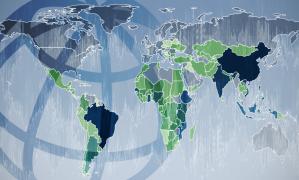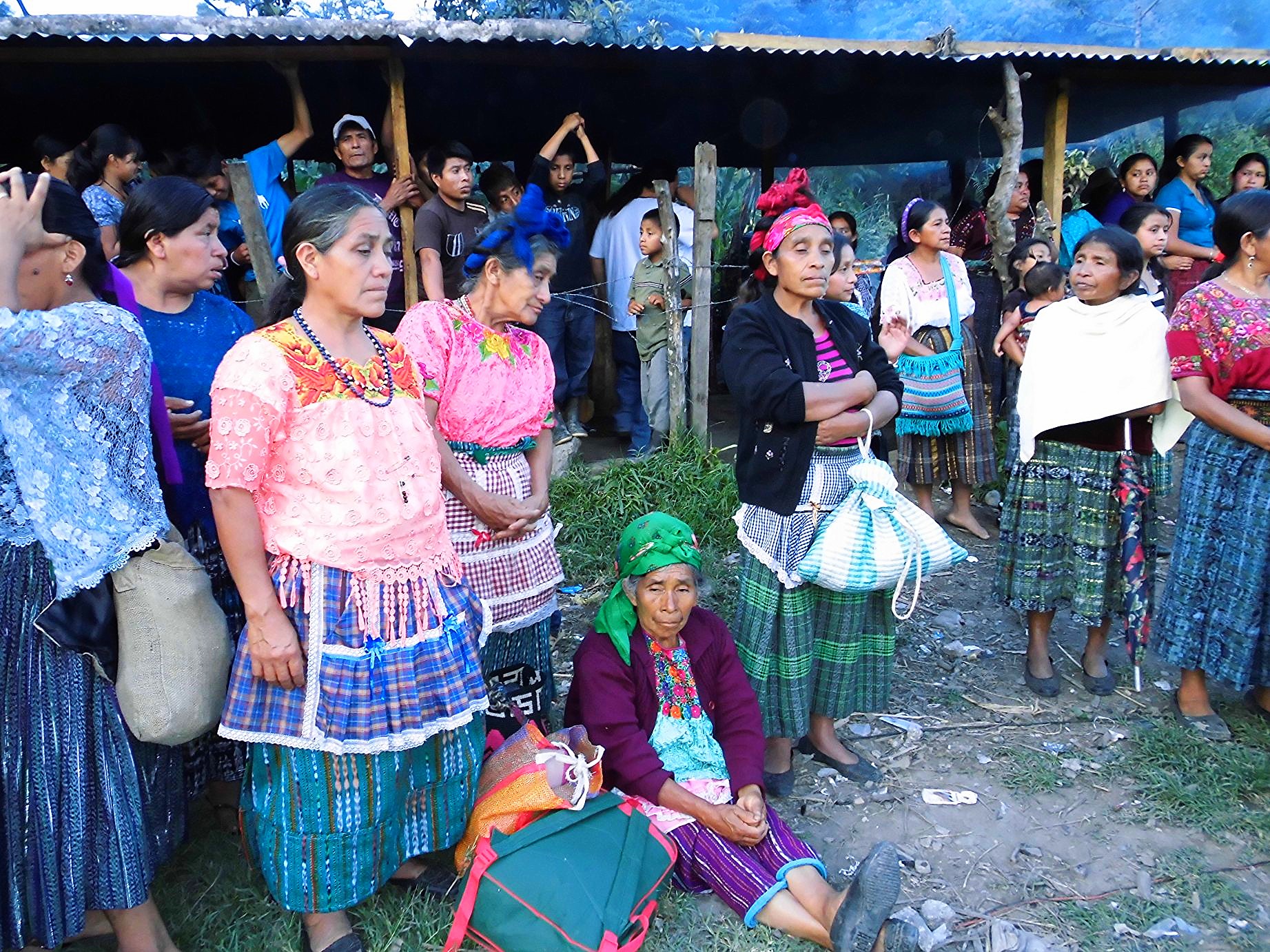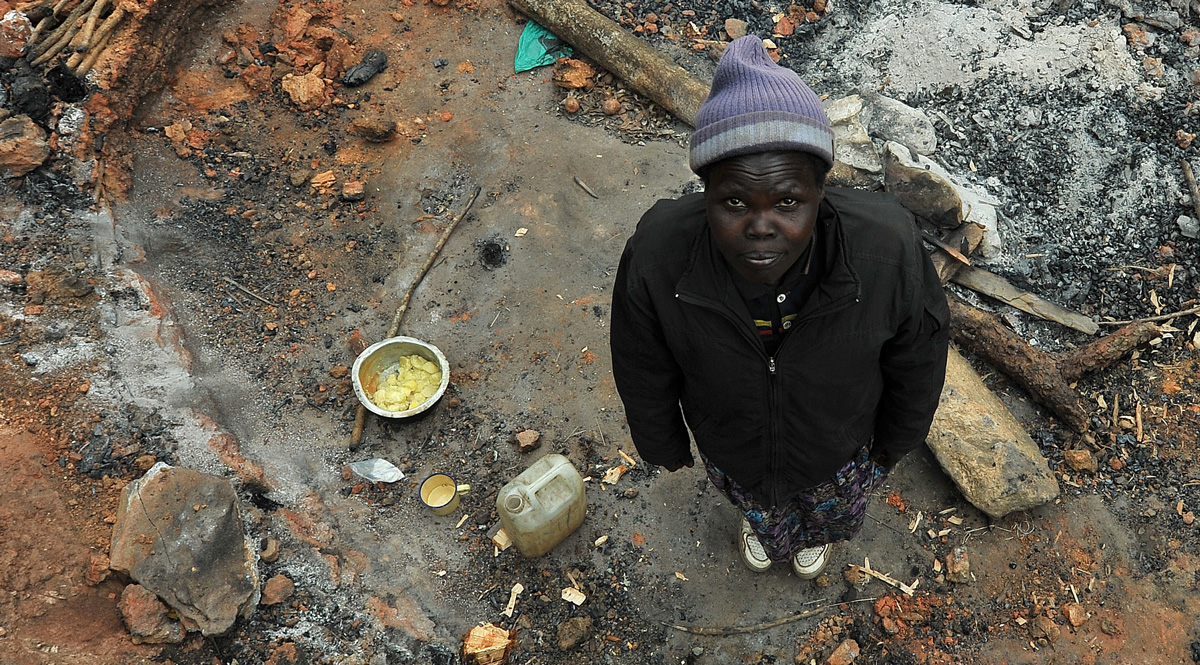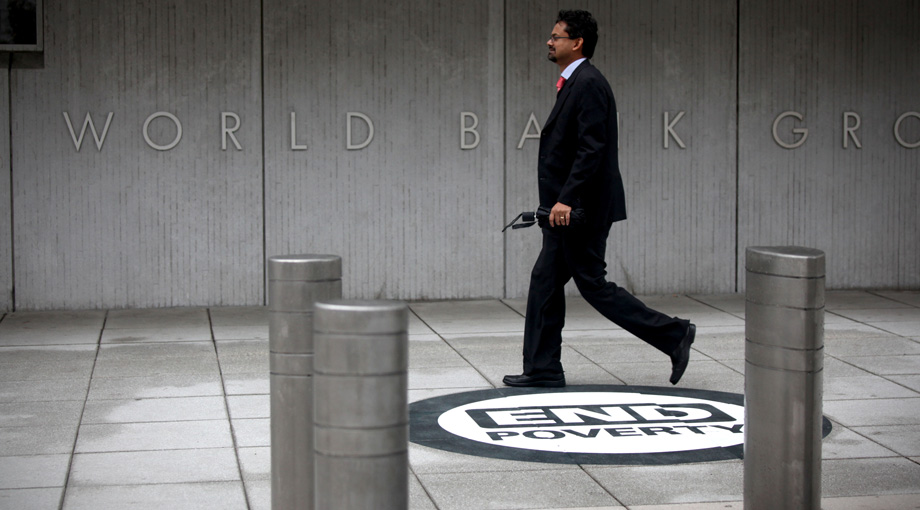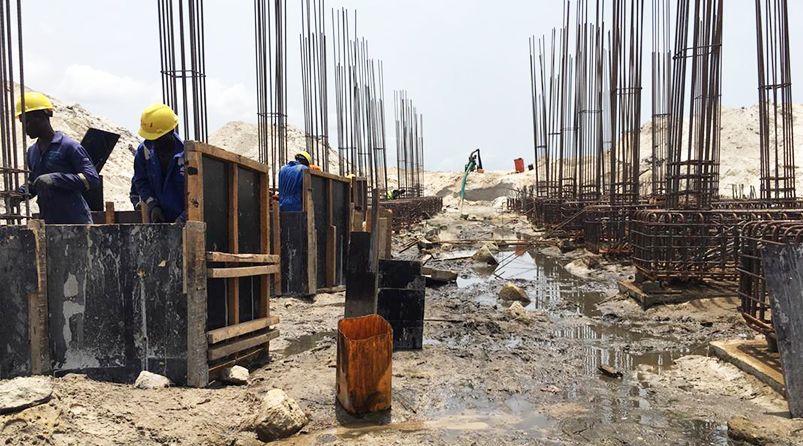The World Bank has publicly abandoned a controversial 500-megawatt coal-fired power plant project in Kosovo, previously the subject of an ICIJ investigation, ending the bank’s support for coal worldwide.
The bank had defended the project for years despite anger over the plant’s effects on the environment and its impact on local communities.
Announcing the turnabout, World Bank President Jim Yong Kim said the “very firm decision” was made because the plant would use coal rather than now cheaper renewables.
In 2015, ICIJ reported on the impact of the coal project on the nearby community of Hade.
Roughly 1,000 villagers were displaced to make way for coal mining operations and thousands more stood in the path of the project’s planned expansion, ICIJ found.
Nothing has changed with regard to their lives. It’s a rather dire situation.
Hundreds of the displaced residents of Hade were resettled in public housing inferior to their previous homes, violating the bank’s policy requiring displaced communities to be resettled under equal or better living conditions.
The findings were a part of ICIJ’s Evicted and Abandoned investigation, which found that about 3.4 million people were physically or economically displaced by World Bank-funded development projects between 2004 and 2013. The project found that the lender often failed to enforce its own rules protecting displaced communities from abuses and requiring those displaced to be properly resettled.
It is unclear how the Kosovo coal project will proceed without the bank’s support. The bank had been slated to provide partial risk guarantees that would facilitate loans to the project.
The “Kosovo C” plant, the tiny Balkan country’s first major energy project in decades, has been condemned by environmentalists over the use of lignite, a notoriously dirty form of coal.
Speaking at the bank’s annual meeting in Nusa Dua, Indonesia, Dr. Kim said “we’re required by our bylaws to go with the lowest-cost option, and renewables have now come below the cost of coal.”
Kosovo Energy Minister Valdrin Lluka said his country – which struggles with power shortages – would press ahead with plans to seek alternative financing for the power plant.
The fate of communities in the path of the project will depend on whether it goes forward, and if so, whether the lenders that take the place of the World Bank insist on proper resettlement, said Nezir Sinani, the co-director of Bank Information Center Europe, a nonprofit watchdog group. Sinani said the villagers in public housing have not seen an improvement in their conditions.
“Nothing has changed with regard to their lives,” Sinani said. “It’s a rather dire situation.”
Sinani called on the World Bank to support Kosovo’s government to develop a cleaner energy strategy instead, that includes wind and solar power, emphasizes energy efficiency, and promotes better integration with power systems in neighboring countries.
“We told the bank they have to have a fast option to invest in other cleaner options,” Sinani said.
